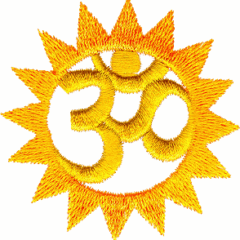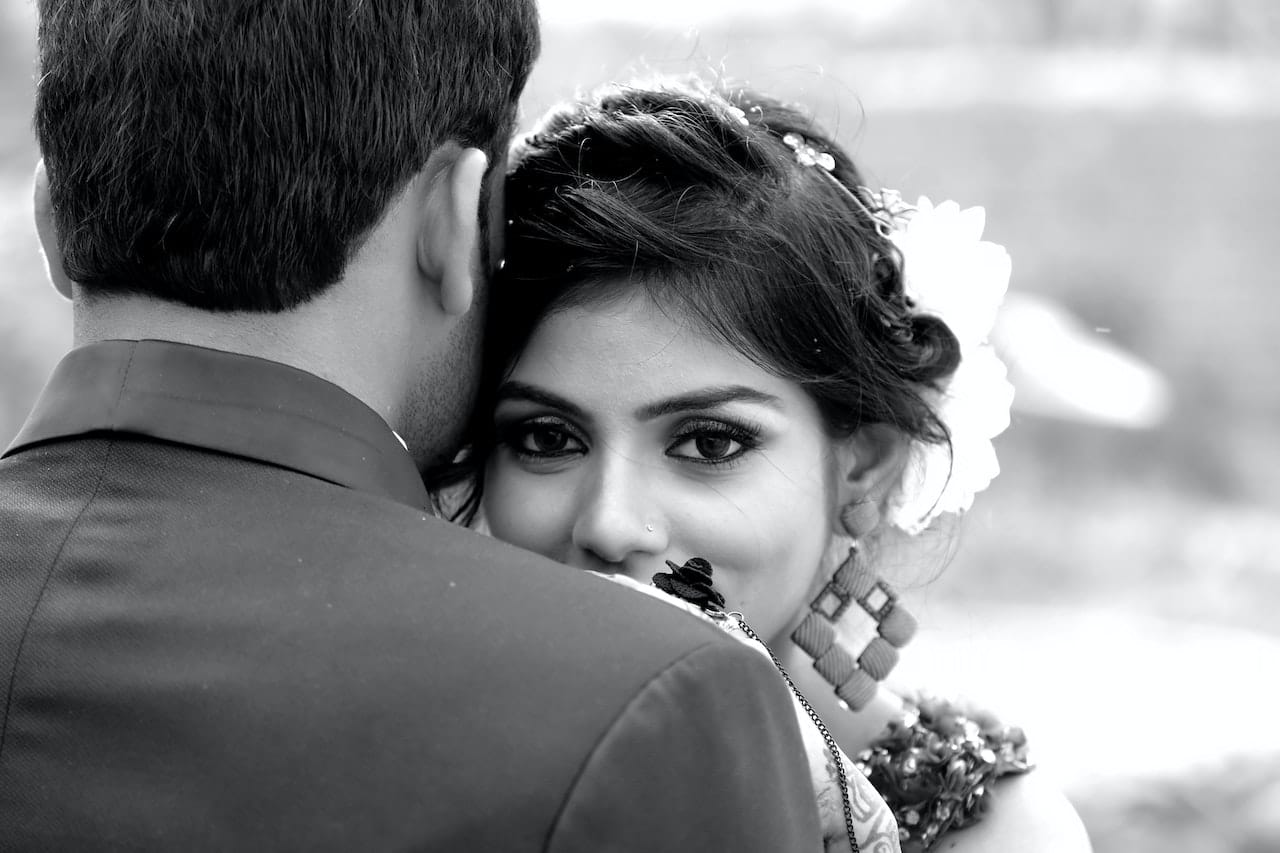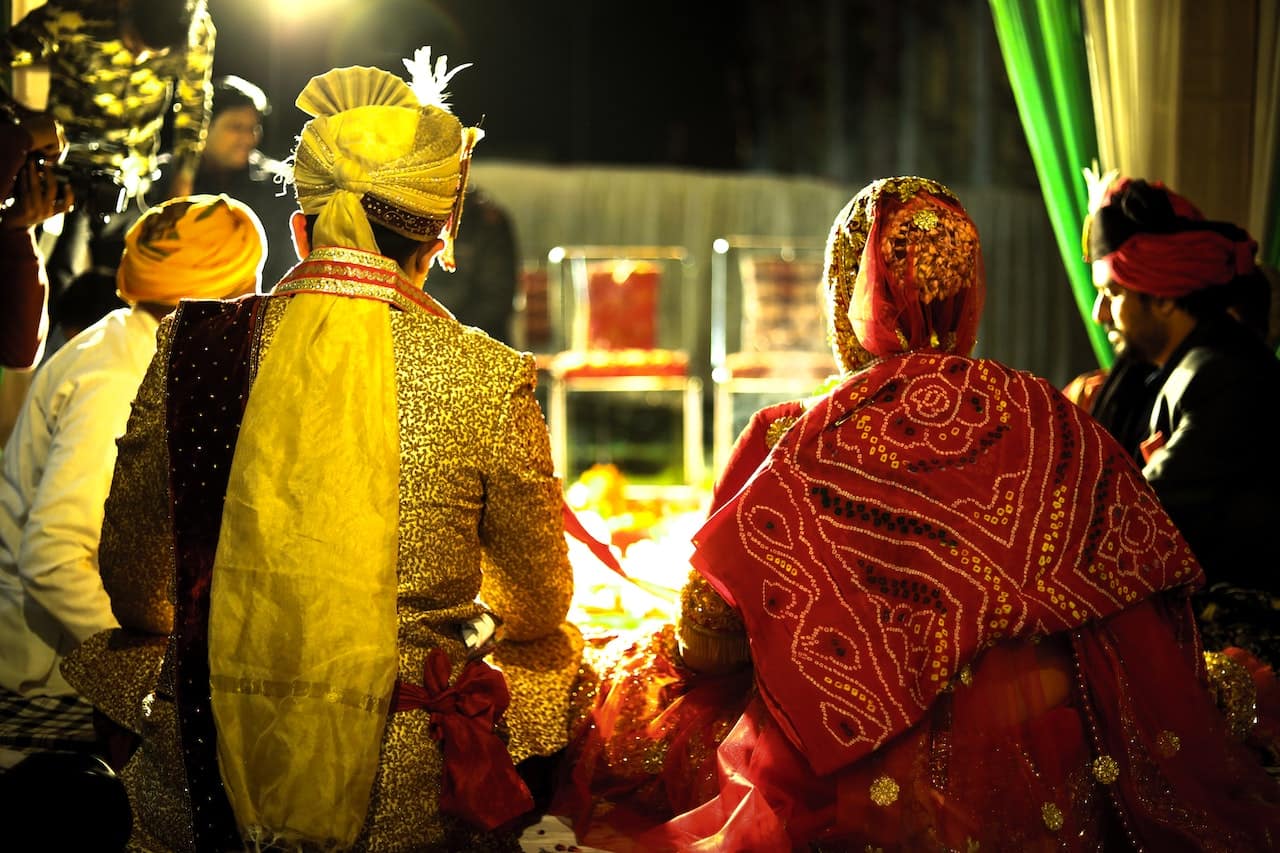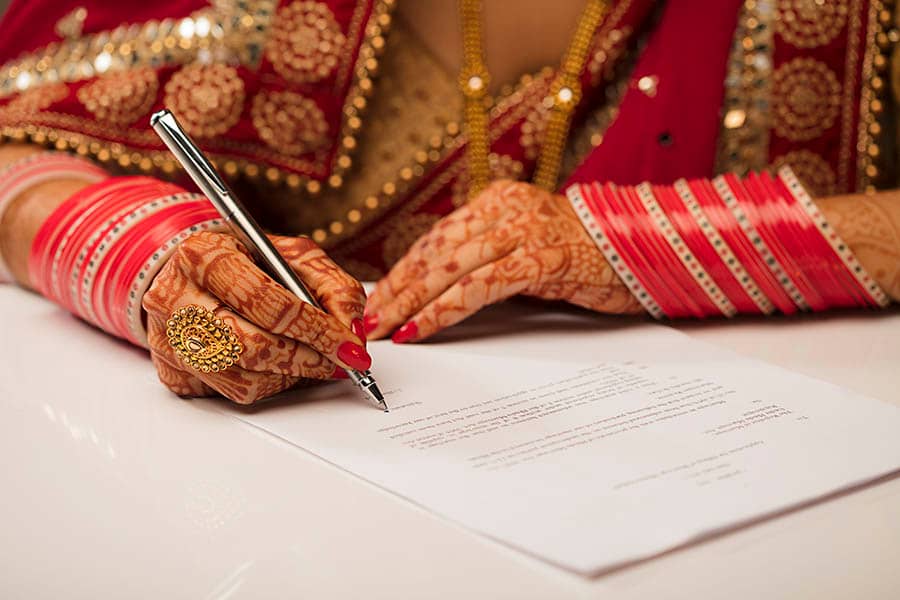Marriage is one of the most important step in our lives, and choosing the right way of marriage can make a huge difference in our life.
Arya Samaj Marriage is a traditional form of marriage that originated in the 19th century with the aim of promoting equality and simplicity in marriage. On the other hand, Court Marriage is a secular form of marriage that is performed and registered under the Special Marriage Act, 1954. While Arya Samaj Marriage involves religious rituals and ceremonies, Court Marriage is a legal procedure that requires minimal religious rituals.
Now, you might be wondering – what are the actual differences between Arya Samaj Marriage vs Court Marriage? How do they impact the legal status, social acceptance, and financial rights? And most importantly, which one is the best for you? Don’t worry, we’ve got you covered! In this article, we’ll explore the key differences and implications of Arya Samaj Marriage and Court Marriage in detail, so you can make an informed decision and start your happily life.
Table of Contents
Arya Samaj Marriage
Arya Samaj Marriage is a traditional way marriage that has its roots in the 19th century social and religious movements in India. It was founded by Swami Dayanand Saraswati. Arya Samaj Marriages are performed according to Vedic rituals and principles, and the ceremony involves the chanting of Vedic mantras.
One of the benefits of Arya Samaj Marriage is its simplicity and affordability. Unlike traditional Hindu weddings, which can be expensive and elaborate affairs, Arya Samaj Marriage is conducted in a simple and frugal manner. The rituals involved are minimal and the expenses are kept low, making it an accessible option for couples from all socio-economic backgrounds.
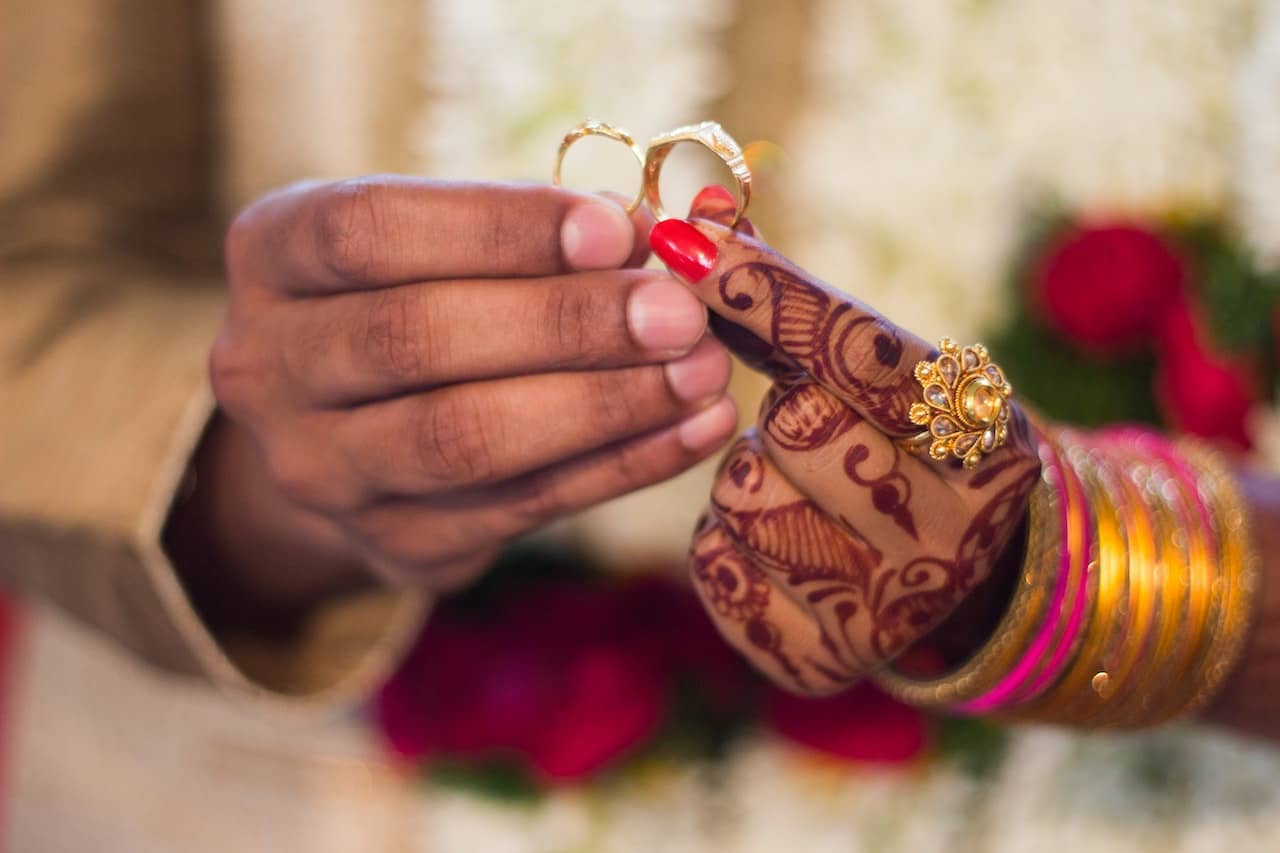
Another advantage of Arya Samaj Marriage is that it is open to all castes and religions. The Arya Samaj movement has been a strong advocate of social and religious equality, and it does not discriminate based on caste, creed, or religion. This makes Arya Samaj Marriage a popular choice for inter-caste and inter-religious couples who may face social and familial opposition to their union.
However, there are also some drawbacks to Arya Samaj Marriage. One of the main concerns is its legal validity. While the marriage is recognized as valid under Hindu Marriage Act, 1955, it is not registered under the Special Marriage Act, 1954. This means that the couple may face difficulties in obtaining government documentation such as passports and visas, and may not be eligible for certain legal rights and benefits.
Court Marriage
Court Marriage is a secular form of marriage that is performed and registered under the Special Marriage Act, 1954. It is a legal procedure that is conducted in the presence of a marriage officer appointed by the government, and it does not involve any religious rituals or customs.
One of the main advantages of Court Marriage is its legal validity and recognition. Since it is registered under the Special Marriage Act, 1954, it is recognized as a valid and legal marriage throughout India. This means that couples who opt for Court Marriage are eligible for all the legal rights and benefits that come with marriage, such as property rights, inheritance rights, and social security benefits.
Additionally, Court Marriage is open to all religions and castes. This makes it an ideal choice for couples who belong to different religions or castes, or who wish to opt for an inter-faith or inter-caste marriage. Unlike traditional forms of marriage, which may require conversion to a particular religion or caste, Court Marriage does not require any religious or caste affiliation.
However, there are also some disadvantages of Court Marriage. One of the main concerns is the lack of social acceptance and stigma associated with it. In some parts of India, Court Marriage is still seen as a taboo or a last resort option, and couples may face social opposition or familial disapproval. This can be particularly challenging for couples who come from conservative or orthodox backgrounds.
Differences between Arya Samaj Marriage vs Court Marriage
Arya Samaj Marriage and Court Marriage are two different forms of marriage that have their own set of differences and implications. While Arya Samaj Marriage is a traditional Hindu marriage that is performed according to Vedic rituals and principles, Court Marriage is a secular form of marriage that is conducted under the Special Marriage Act, 1954.
One of the main differences between Arya Samaj Marriage and Court Marriage is their legal validity. While Arya Samaj Marriage is recognized as valid under Hindu Marriage Act, 1955, it is not registered under the Special Marriage Act, 1954. On the other hand, Court Marriage is a legal procedure that is registered under the Special Marriage Act, 1954, and is recognized as a valid and legal marriage throughout India.
Another difference between Arya Samaj Marriage and Court Marriage is their religious affiliation. Arya Samaj Marriage is a Hindu marriage that is performed according to Vedic rituals and principles, and is open to Hindus and followers of the Arya Samaj faith. On the other hand, Court Marriage is a secular form of marriage that does not involve any religious rituals or customs, and is open to couples of all religions and castes.
Implications of Arya Samaj Marriage and Court Marriage
One of the main implications of Arya Samaj Marriage is its religious affiliation. Since it is a Hindu marriage that is performed according to Vedic rituals and principles, it is open to Hindus and followers of the Arya Samaj faith. This means that couples who opt for Arya Samaj Marriage are expected to adhere to Hindu customs and traditions, and may face social pressure to do so. However, it also means that they may have access to certain privileges and benefits that are associated with the Hindu community, such as inheritance rights and social status.
On the other hand, one of the main implications of Court Marriage is its legal validity and recognition. Since it is registered under the Special Marriage Act, 1954, it is recognized as a valid and legal marriage throughout India. This means that couples who opt for Court Marriage are eligible for all the legal rights and benefits that come with marriage, such as property rights, inheritance rights, and social security benefits. However, it also means that they may not have access to certain privileges and benefits that are associated with religious or caste-based communities.
Conclusion
Shastri Associate organige a simple, affordable, and inclusive form of Hindu marriage that has been a popular choice for couples who value equality and simplicity. While it has its advantages, couples should also be aware of its legal implications and limitations, and make an informed decision based on their individual circumstances and preferences.
Court Marriage is a simple, legal, and convenient form of marriage that offers several advantages over traditional forms of marriage. While it has its drawbacks, couples should make an informed decision based on their individual circumstances and preferences. Ultimately, the most important thing is to choose a form of marriage that aligns with your values, beliefs, and aspirations for the future.
In conclusion, while both Arya Samaj Marriage and Court Marriage have their own set of advantages and disadvantages, couples should make an informed decision based on their individual circumstances and preferences. Ultimately, the most important thing is to choose a form of marriage that aligns with your values, beliefs, and aspirations for the future. For noida arya samaj marriage, arya samaj marriage in meerut and marriage in Ghaziabad, contact at our given number or email us.
